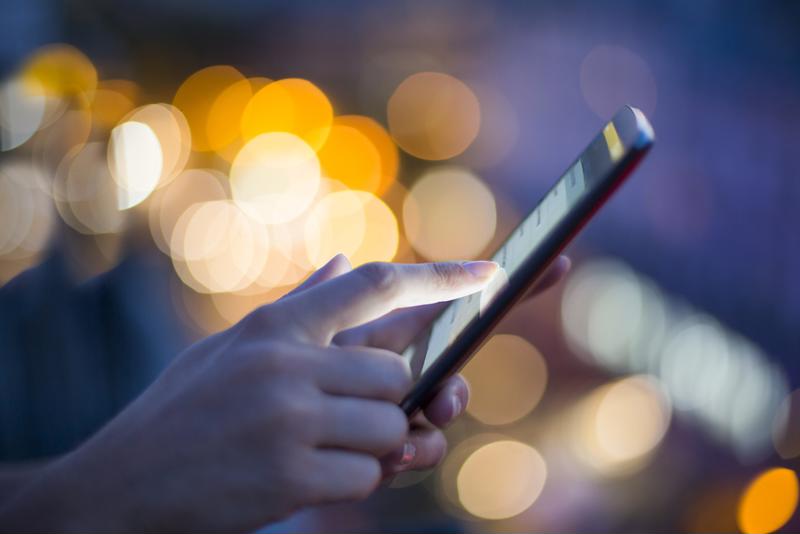Do you ever connect to public Wi-Fi networks? A journey through any mall, office park or downtown corridor is sure to populate your phone’s Wi-Fi list with numerous wireless options, many of them not even requiring passwords for entry. If it seems like these networks are everywhere, it’s because they are: Cisco has estimated the number of such hotspots will increase sevenfold from 2015 to 2020, reaching over 432 million implementations.

Public Wi-Fi can be an appealing alternative to cellular connectivity, especially if you are on a prepaid or otherwise limited plan. However, it has significant security limitations that might put the privacy of you and your family at risk.
Here’s what you should know before logging on to someone’s free Wi-Fi:
1. Your data could be intercepted
Networks without passwords do not encrypt your connection. Accordingly, it’s possible for other connected users to spy on your activity, including any password you type.
Don’t view your bank balance or log into any accounts tied to a debit/credit card while on public Wi-Fi. Cellular is much safer in these cases.
2. A VPN can provide protection
Virtual private networks (VPNs) are useful security utilities that encrypt your internet connection, hiding it from prying eyes. This robust protection is helpful if you ever need to use public Wi-Fi.
Think of your connection as a car and the VPN as a secure parking garage. Continuing the metaphor, the latter protects you from having to park on a busy street where the vehicle could be dinged or even stolen.
3. Better security is on the horizon
Today’s password-protected Wi-Fi networks are predominantly guarded by a protocol called WPA2, which was standardized more than a decade ago. Cognizant of the challenges with public Wi-Fi in particular, the Wi-Fi Alliance is planning to roll out the safer WPA3 later this year, according to Android Authority.
WPA3 includes new protections for open/public networks and is invulnerable to the prominent KRACK exploit of WPA2. However, there will still be countless devices out there, including many you already own, with support only for WPA2.
Be smart about public Wi-Fi use
To stay safe in the interim, be circumspect about what you do on public Wi-Fi, and use a VPN if possible. Another option is to look for semi-public networks, i.e. ones with passwords that are provided by staff or on printed receipts, like at restaurants or coffee shops.
Up-to-date security software is also a must-have to shield you from any malware you might contract from public Wi-Fi. Consider Unlimited Internet Security, to ensure the safety and privacy of your family.





